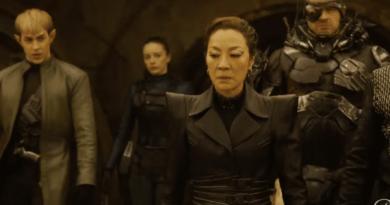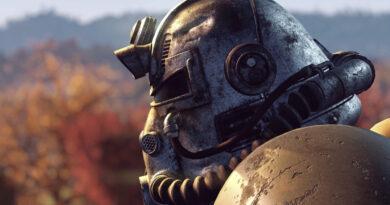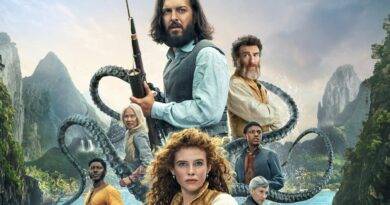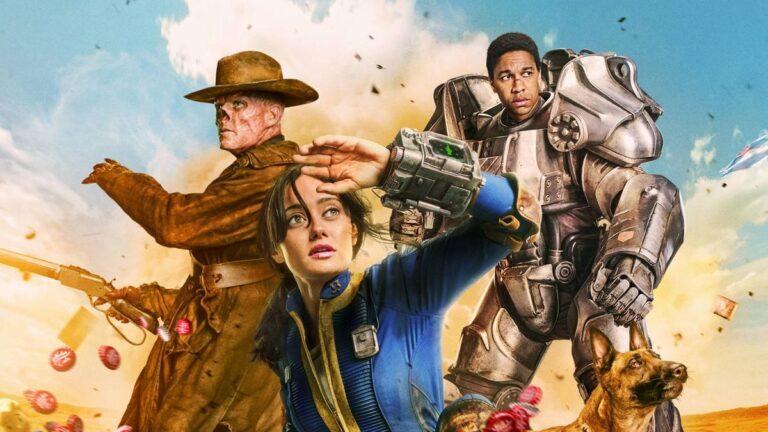
Fallout TV show review
Video game franchises have a rocky track record when it comes to the success or failure of their TV and film adaptations. Some are disappointing, rejecting everything that fans have come to love about the game, and others transcend the moniker of adaptation entirely, becoming a beloved TV show separate from the game.
With more and more games adapted, it’s unsurprising that one of Bethesda’s sprawling open-world franchises, ‘Fallout,’ would receive a show. Previous owner Interplay Entertainment attempted to bring the universe to cinemas in 1998, but this was unsuccessful. ‘Fallout’ is set on an alternative Earth (for now) and explores what happens to humanity after nuclear armageddon.
The show itself isn’t an adaptation of one particular game in the franchise. Instead, it leverages the lore about the different factions and monsters in the ‘Fallout’ world to tell a story that’s both original and canonical to the game world. It’s a great approach. It offers more creative freedom and avoids fan criticism that the show isn’t exactly how fans remember the game.
For this show, there are primarily three perspectives that audiences follow. The first is Lucy (Ella Purnell), a sheltered Vault Dweller who leaves the safety of a Vault to venture into the wastes to find her dad, Maximus (Aaron Moten), a Brotherhood of Steel trainee who hopes to advance in rank and find revenge for personal tragedy, and Cooper Howard (Walton Goggins), a Ghoul bounty hunter on a mission, He was alive before the bombs dropped as an action star.
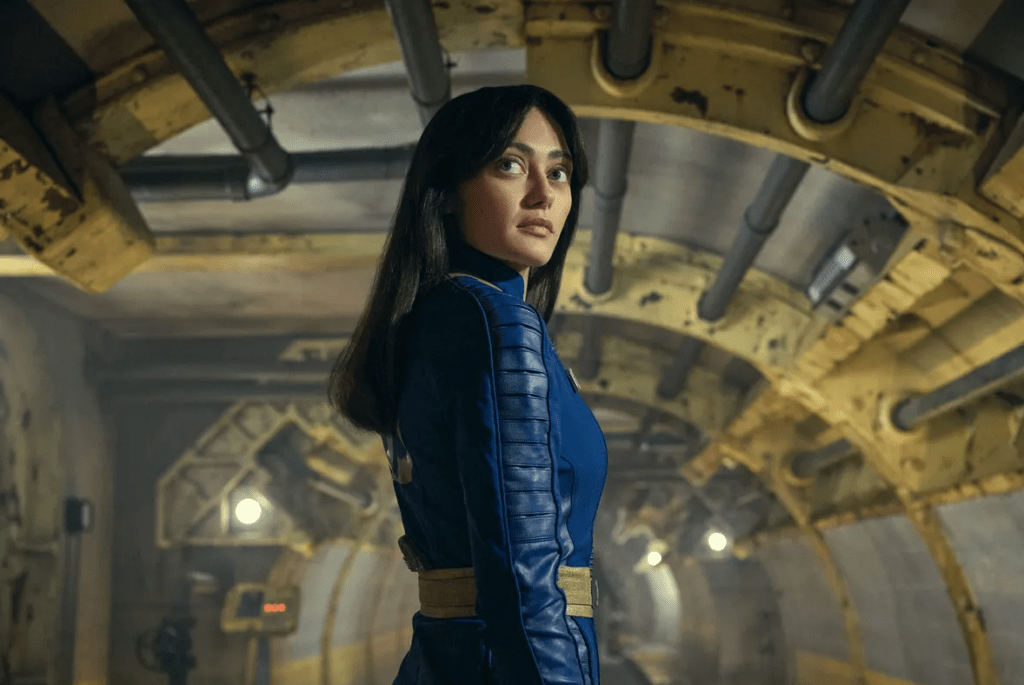
These perspectives interweave with each other as the characters go about their quests, sometimes harmoniously, but other times with violence and evil intent. The characters are very much shaped by their circumstances – Lucy, a product of the Vaults, loses her innocence and is tested every time she meets a new person. Maximus is a product of a hegemonic military, though his outlook shifts after meeting Lucy.
But by far the best character is Cooper Howard. His circumstance is shaped by the pre-war, and he’s settled into a ruthless bounty hunter. The script commits beautifully to this idea, and Goggins is unflinching in the role.
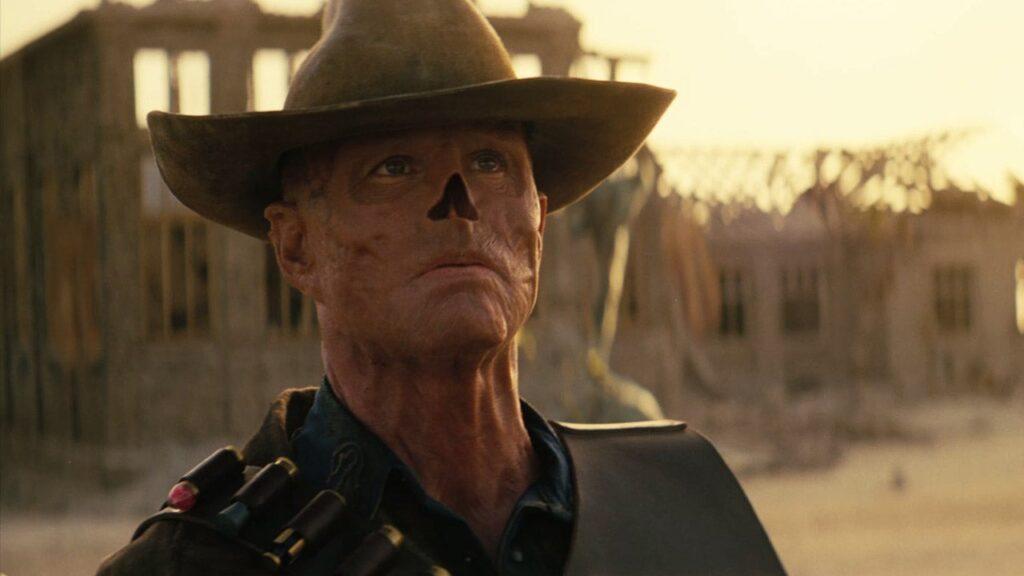
While there is a plotline audiences follow, a lot of it feels like setup for something bigger down the road. The show is trying to lay the groundwork for so many different factions and ideas, occasionally it can meander down a side quest. And while that’s truthful to the games (after all, every ‘Fallout’ player has ditched the main quest quickly after its introduction) it comes off as a lack of focus here.
If there is one aspect the show has nailed with perfection, it’s the morality and tone of the world. There’s a pleasant 1950s retro-futurism to the show, from dialogue, design, and the chosen score. This is heavily juxtaposed with the committed extreme violence onscreen. The show’s humour is deployed carefully. The morality of each character is explored substantially, with many points the characters decide how they approach a given situation, in line with the experience of playing ‘Fallout.’
The ‘Fallout’ universe is best known for its factions rather than standout characters, and the factions here are often strong, feeling in line with their in-game counterparts. The way Brotherhood of Steel is presented is an excellent illustration of this, never fully characterise as the evil militaristic group they can be, but never are they presented as a moral paragon either. They’re somewhere in the middle. There is one major offscreen development that’s continually referenced and undercuts a key faction fans love.
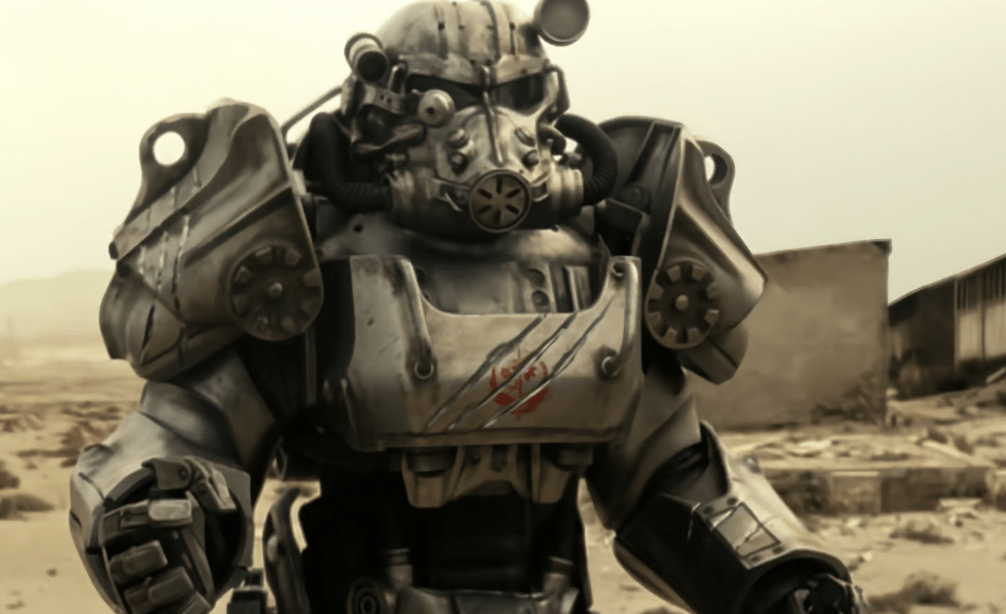
This show is canon to the ‘Fallout’ universe, with Bethesda shepherding the series, even going so far as to block certain ideas they want to explore in ‘Fallout 5.’ This show makes big lore swings, marking it as essential viewing for any fan and rewarding for those who pay attention to the lore and not feeling incidental. Not all of the swings land, but most of the developments are consistent with the games and push the universe in interesting ways. It rarely feels overbearing for newcomers, and while it’s mostly doled out carefully, some things are left confusingly unexplained.
The design of the sets and costumes are very reminiscent of the games, something that the designers and artists would have gone to great lengths to get right. Sounds from the games are carefully selected and recreated, and are faithful to get right. The CGI is mostly fine, though it gets noticeably spotty in some moments.
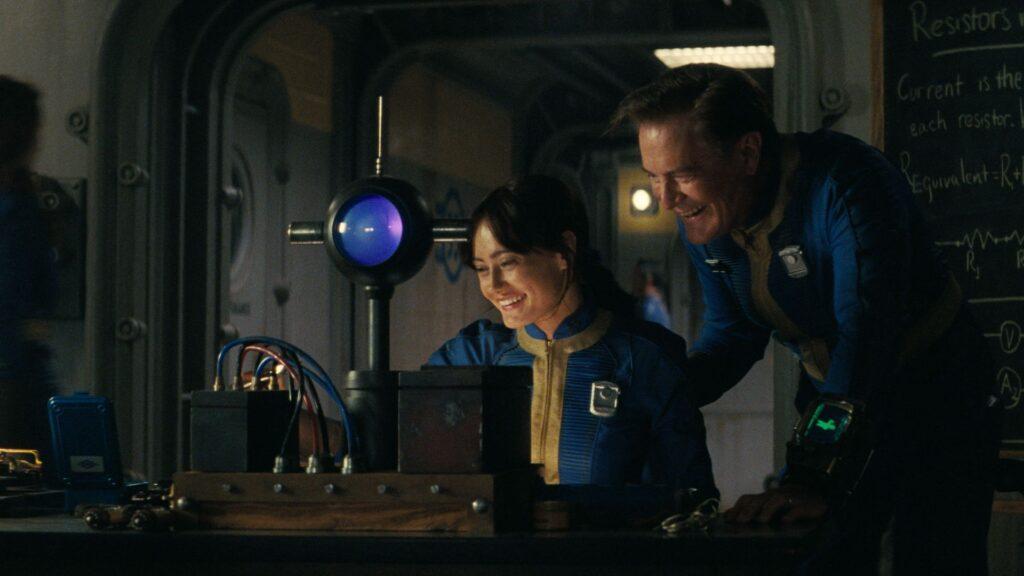
‘Fallout’ is a video game adaptation that understands and isn’t ashamed of its source material, matching the morals and tone of the games to a tee. Characters stand on their own two feet, it’s consequential to the canon it inhabits, and the design of all its elements is plucked right from the games. The show does at times meander off and struggle under the weight of its lore, but overall it’s a rare success for a video game adaptation.

